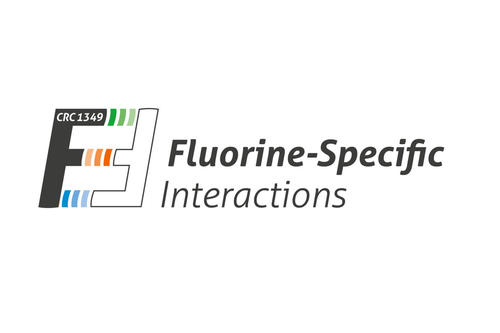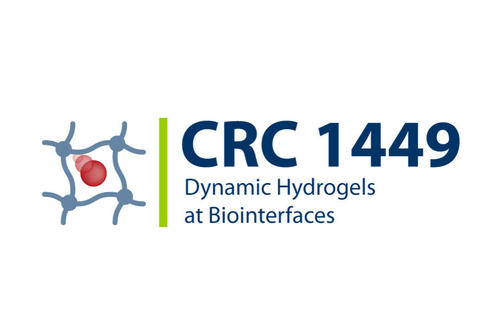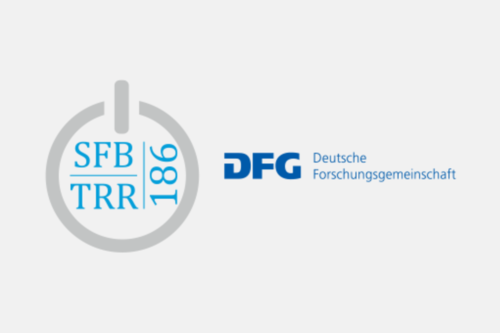Collaborative Research Centers Based at the Department of Biology, Chemistry, Pharmacy
CRC 1349: Fluorine-Specific Interactions
The scientific objectives of this Collaborative Research Center are to understand and control the complex interactions that can emanate from fluorinated structural units in chemical systems. For this purpose, the wide-ranging expertise of the different working groups involved in synthesis/biosynthesis, analytics/spectroscopy, and theory/modeling will be complementarily and synergistically linked to systematically expand our understanding of both the conceptual underpinning of fluorine-specific interactions and their many consequences across several areas of chemistry.
- Spokesperson: Prof. Dr. Sebastian Hasenstab-Riedel
- Launched: January 2019
- Website: www.sfb1349.de
- Participants: Freie Universität Berlin, Humboldt-Universität zu Berlin, TU Berlin, Federal Institute for Materials Research and Testing, University of Bayreuth, University of Stuttgart
CRC 1449: Dynamic Hydrogels at Biointerfaces
Hydrogels are three-dimensional networks consisting of water-swellable polymers that can hold a high proportion of water. Within this collaborative research center, scientists want to use the respiratory tract and the intestine to determine and investigate the most important physicochemical factors that characterize the protective functions of hydrogels at biological interfaces. The researchers are also hoping to define the prerequisites for the development of new therapeutic strategies in pulmonary and gastrointestinal diseases.
- Spokesperson: Prof. Dr. Rainer Haag
- Launched: January 2021
- Website: www.sfb1449.de
- Participants: Freie Universität Berlin, Humboldt-Universität zu Berlin, Charité – Universitätsmedizin Berlin, TU Berlin, Leibniz-Institute for Molecular Pharmacology (FMP), Max Delbrück Center for Molecular Medicine (MDC), Max Planck Institute of Colloids and Interfaces (MPI-CI), Zuse Institute Berlin (ZIB)
TRR 186: Molecular Switches in the Spatio-Temporal Control of Cellular Signal Transmission
Sonderforschungsbereich / Transregio Molecular Switches in the Spatio-Temporal Control of Cellular Signal Transmission
Our long-term goal is to obtain a comprehensive understanding of how signals generated by activated molecular switches translate into the precise spatio-temporal coordination of cellular processes such as protein secretion, receptor signaling, endocytosis and gene expression as well as other central activities that characterize living cells.
- Coordination: Prof. Dr. Christian Freund, Freie Universität Berlin
- Launched: July 2016
- Web: www.trr186.de
- Participants: Freie Universität Berlin, Universität Heidelberg, Leibniz-Institute for Molecular Pharmacology (FMP), Humboldt-Universität zu Berlin, Charité - Universitätsmedizin Berlin, Max Planck Institute for Medical Research, Max Delbrück Center for Molecular Medicine (MDC), Deutsches Krebsforschungszentrum (dkfz)
,


